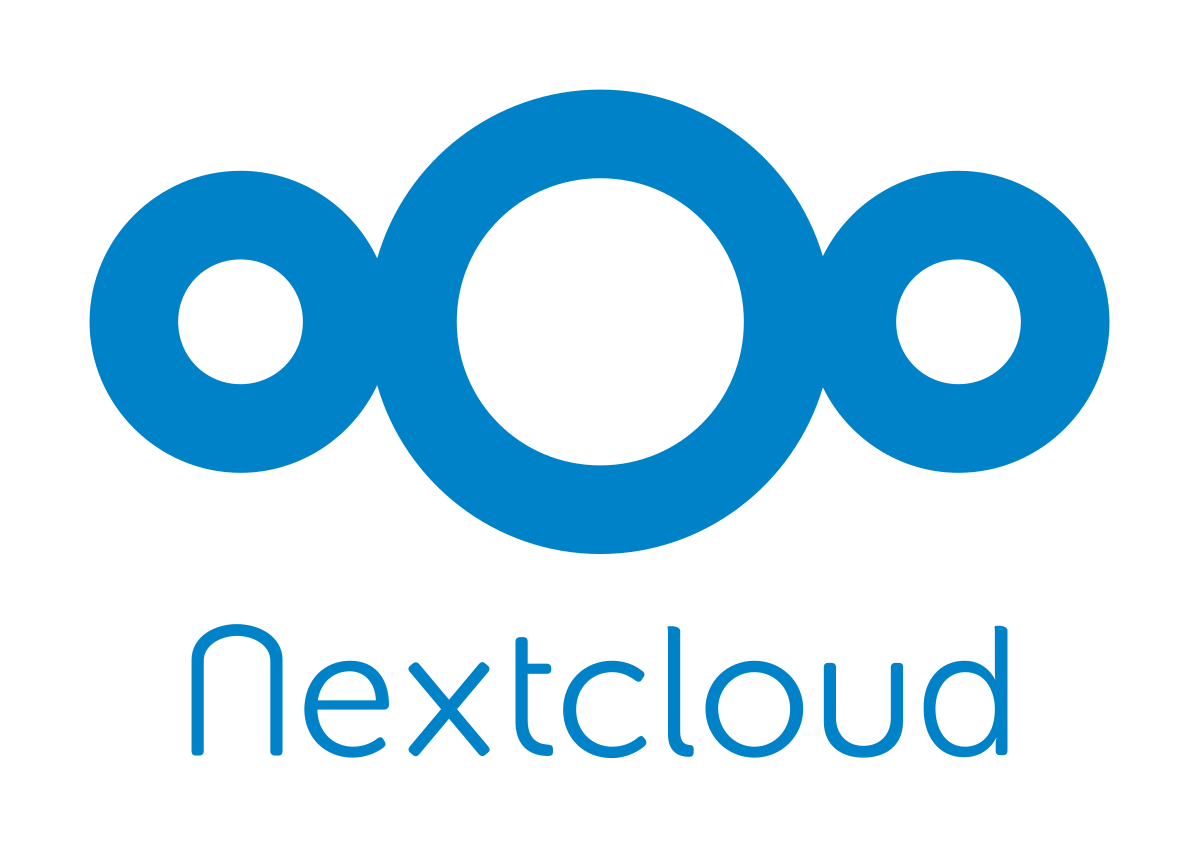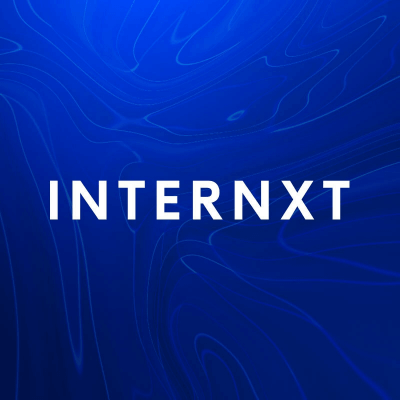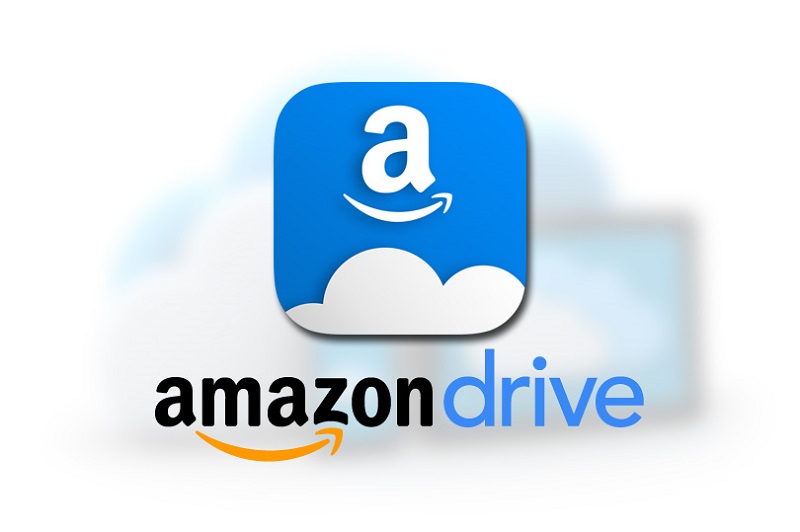
Nextcloud 3.9.0
Unlock control over your files with Nextcloud. Say goodbye to reliance on cloud providers and hello to seamless self-hosted syncing, sharing, and precise data ownership.
About Nextcloud
Unlock Control Over Your Files with Nextcloud
Are you tired of relying on cloud providers for your files? Do you worry about data ownership and security? Do you wish there was a better way to store, share, and sync your files without sacrificing control? You're not alone. Many users are fed up with the limitations of cloud-based solutions and are looking for a more secure, flexible alternative.
That's where Nextcloud comes in. As a self-hosted file syncing and sharing platform, Nextcloud gives you the freedom to store and manage your files exactly as you want – on your own terms. With Nextcloud, you can take control of your data and enjoy a more private, secure way to collaborate with others.
What's Wrong with Cloud-Based Solutions?
Cloud-based solutions like Google Drive, Dropbox, or Microsoft OneDrive may seem convenient, but they also come with some significant drawbacks. For example:
- Data ownership: When you store files in the cloud, you often have limited control over who can access them.
- Security risks: Cloud providers are vulnerable to cyber attacks and data breaches.
- Dependence on internet connectivity: You need an active internet connection to access your files online.
These limitations can be frustrating, especially if you work with sensitive or confidential information. That's why Nextcloud offers a more secure and private alternative for storing and managing your files.
Key Features of Nextcloud
Self-Hosted Syncing
Nextcloud allows you to sync your files across multiple devices without relying on cloud providers. This means that your files are stored locally on your device, giving you full control over who can access them.
- Local storage: Store your files on your own device for maximum security and privacy.
- Device syncing: Sync your files across all your devices with ease.
Precise Data Ownership
With Nextcloud, you have complete control over who can access your files. You decide who to share your files with, when, and how long they should be shared.
- Public folders: Create public folders for sharing with others.
- Access controls: Set permissions for specific users or groups.
Sharing and Collaboration
Nextcloud makes it easy to collaborate with others on projects without sacrificing control over your files.
- File invitations: Send file invitations to collaborators with a single click.
- Real-time updates: Collaborators can view and edit files in real-time.
Testimonial
"I was skeptical about self-hosting my own cloud, but Nextcloud has been a game-changer. I have complete control over my data and security." – Rachel M., Small Business Owner
What's Nextcloud All About?
Nextcloud is an open-source file syncing and sharing platform that allows you to store and manage your files exactly as you want. With its self-hosted syncing, precise data ownership, and collaboration features, Nextcloud offers a more secure, flexible alternative to cloud-based solutions.
- User-friendly interface: Access your files with ease using the intuitive web interface.
- Customizable: Customize your setup to fit your needs and preferences.
Get Started with Nextcloud Today!
Are you ready to take control of your files? Try Nextcloud today and discover a more secure, flexible way to store and manage your data.
Technical Information
Nextcloud Technical Documentation
System Requirements
To run Nextcloud, your server must meet the following system requirements:
- Operating System: Ubuntu Server 20.04 LTS (64-bit) or later, or CentOS 8 (64-bit) or later
- CPU: Quad-core processor with at least 2.0 GHz clock speed (e.g., Intel Core i5-10400 or AMD Ryzen 7 3700X)
- RAM: At least 4 GB of DDR4 memory
- Storage: 10 GB of free disk space for the operating system and 20 GB for data storage
- GPU: Optional, but recommended for improved performance with high-resolution images
Network Connectivity:
Nextcloud requires a stable internet connection for syncing and sharing. A dedicated IP address or a VPN is recommended.
Browser Compatibility:
Nextcloud can be accessed through a web browser, but the following browsers are supported:
| Browser | Version |
|---|---|
| Google Chrome | 74.0.3729.169 or later |
| Mozilla Firefox | 66.0.1 or later |
| Microsoft Edge | 79.0.405.157 or later |
Installation Guide
Step-by-Step Installation
- Download the Nextcloud ISO:
- Download the official Nextcloud ISO file from nextcloud.org.
- Install Ubuntu Server:
- If you're using a virtual machine, use your VM software to install Ubuntu Server 20.04 LTS (64-bit) or later.
- Otherwise, download and burn the Nextcloud ISO file onto a USB drive or CD/DVD.
- Boot from the Installation Media:
- Insert the USB drive or boot from the CD/DVD.
- Configure Network Settings:
- Set up your network settings using the
sudocommand to configure the network interface:
- Set up your network settings using the
### Configure network settings
sudo nano /etc/network/interfaces
- Install Required Packages:
- Install required packages for Nextcloud:
### Install required packages
sudo apt-get update && sudo apt-get install -y build-essential libapache2-mod-php7.4 libxml2-dev libzip-dev
- Configure PHP Settings:
- Configure PHP settings to enable the Nextcloud modules:
### Configure PHP settings
sudo nano /etc/php/7.4/apache2/php.ini
Add the following lines to the file:
extension=oci8.so
extension=mbstring.so
extension=pdo_mysql.so
- Create a Database:
- Create a database for Nextcloud using the
mysqlcommand-line tool:
- Create a database for Nextcloud using the
### Create a database
sudo mysql -u root -p<password>
CREATE DATABASE nextcloud;
GRANT ALL PRIVILEGES ON nextcloud.* TO 'nextcloud_user'@'%' IDENTIFIED BY '<password>';
- Install Nextcloud:
- Install Nextcloud using the
dpkgpackage manager:
- Install Nextcloud using the
### Install Nextcloud
sudo dpkg -i /path/to/nextcloud*.deb
Common Installation Issues and Solutions
| Issue | Solution |
|---|---|
| Failed to install Nextcloud due to missing dependencies | Run apt-get update && apt-get install -y build-essential libapache2-mod-php7.4 libxml2-dev libzip-dev |
| PHP settings not configured correctly | Check the /etc/php/7.4/apache2/php.ini file for the required extensions |
Post-Installation Steps
- Update Nextcloud to the latest version using
sudo apt-get update && sudo apt-get upgrade. - Configure the web server (Apache or Nginx) to serve Nextcloud.
- Set up user accounts and permissions for Nextcloud.
Technical Architecture
Nextcloud is built on top of several core technologies, frameworks, and languages:
- PHP: The primary programming language used in Nextcloud's backend.
- MySQL: The default database management system used by Nextcloud.
- Apache (or Nginx): The web server software used to serve Nextcloud.
The Nextcloud software architecture consists of the following components:
- Frontend: The web-based interface for users, built using HTML5, CSS3, and JavaScript.
- Backend: The PHP-based API that interacts with the frontend and provides data services.
- Database: A MySQL database stores user data, files, and other application-specific data.
Performance considerations are crucial when deploying Nextcloud. To ensure optimal performance:
- Use a fast storage solution (e.g., SSD or NVMe) for storing user files.
- Configure PHP settings to optimize memory usage and caching.
- Limit the number of concurrent connections to prevent overload on the server.
Dependencies
Nextcloud relies on several libraries, frameworks, and tools:
| Library/Framework/Tool | Version |
|---|---|
| PHP | 7.4 |
| MySQL | 8.0 |
| Apache (or Nginx) | 2.4 (or later) |
| OpenSSL | 1.1.1k |
| Libxml2 | 2.9.5 |
Note: Compatibility concerns and version requirements may apply for certain dependencies.
Warning: Ensure that all dependencies are up-to-date to prevent security vulnerabilities and compatibility issues.
This technical documentation provides a comprehensive guide to deploying Nextcloud, covering system requirements, installation steps, technical architecture, dependencies, and performance considerations. By following this guide, you can successfully set up a self-hosted Nextcloud solution for your organization.
System Requirements
| Operating System | Cross-platform |
| Additional Requirements | See technical information above |
File Information
| Size | 80 MB |
| Version | 3.9.0 |
| License | AGPL-3.0 |
User Reviews
Write a Review
Download Now
Software Details
| Category: | Cloud & Storage |
| Developer: | Nextcloud GmbH |
| License: | AGPL-3.0 |
| Added on: | April 20, 2022 |
| Updated on: | March 25, 2025 |




